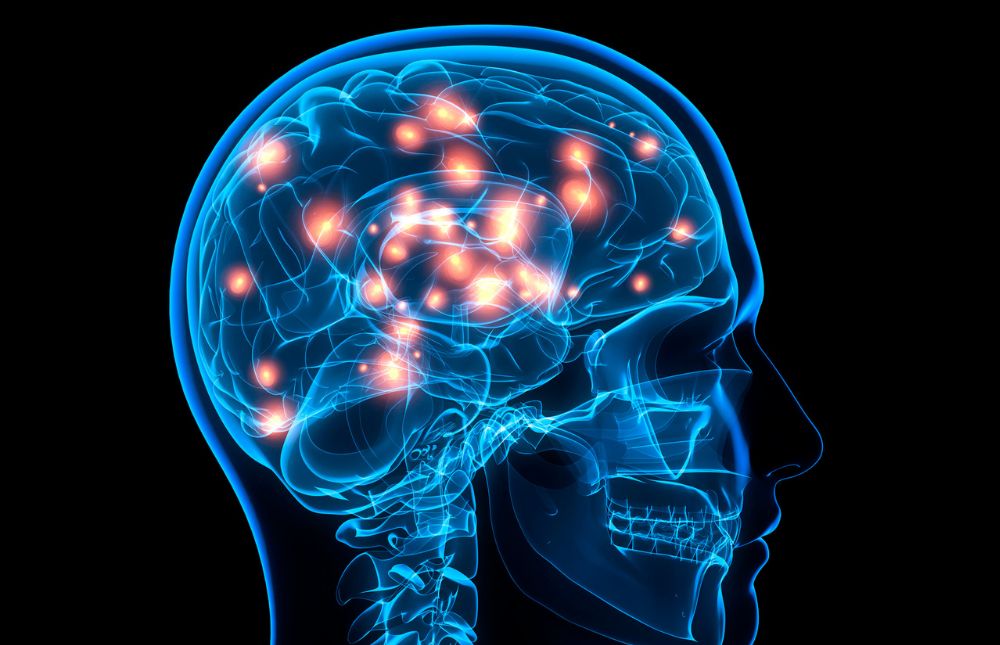Spinocerebellar ataxia type 15 (SCA15), characterized by alterations in the strength, speed and dexterity of movements, is the disease on which the genetic study that could help in its diagnosis and treatment in the future has focused.
Neurologists and geneticists from different centers have participated in the research, including the researcher José Berciano from the Neurology Department of the Marqués de Valdecilla University Hospital (HUMV) and the Neurodegenerative Diseases Group of the Marqués de Valdecilla Health Research Institute (IDIVAL), the University of Cantabria and the Center for Biomedical Research Network on Neurodegenerative Diseases (CIBERNED).
Researchers from the Hospital Clínico Universitario Lozano Blesa and the Hospital Universitario Miguel Servet, both in Zaragoza, where the first author of this work, Dr. José Gazulla, is integrated.
The results of this study show a greater genetic variety of spinocerebellar ataxia type 15 (SCA15) than previously known. This disease normally presents a significant loss of genetic material compared to healthy individuals due to alterations in a gene called ITPR1. However, this study identified 4 cases of patients with symptoms and 2 presymptomatic patients, both carriers of specific genetic alterations. Several unaffected family members who also did not carry this type of alteration were also analyzed.
Until now, only 2 cases of point mutations had been documented, so the study, published in the prestigious European Journal of Neurology, expands the possibilities of diagnosis and future treatments.
The study included an extensive clinical analysis of patients and their relatives, genetic studies and an extensive literature review to compare the results with those published in the medical literature.
Teamwork will continue in the future to collaborate in the research of neurodegenerative diseases such as heredoataxias and hereditary diseases with neurological involvement.
Referencia: Gazulla J, Bellosta-Diago E, Izquierdo-Alvarez S, Berciano J. Spinocerebellar ataxia type 15 caused by missense variants in the ITPR1 gene. Eur J Neurol. 2023 May 8. doi: 10.1111/ene.15840. Epub ahead of print. PMID: 37154409.






















